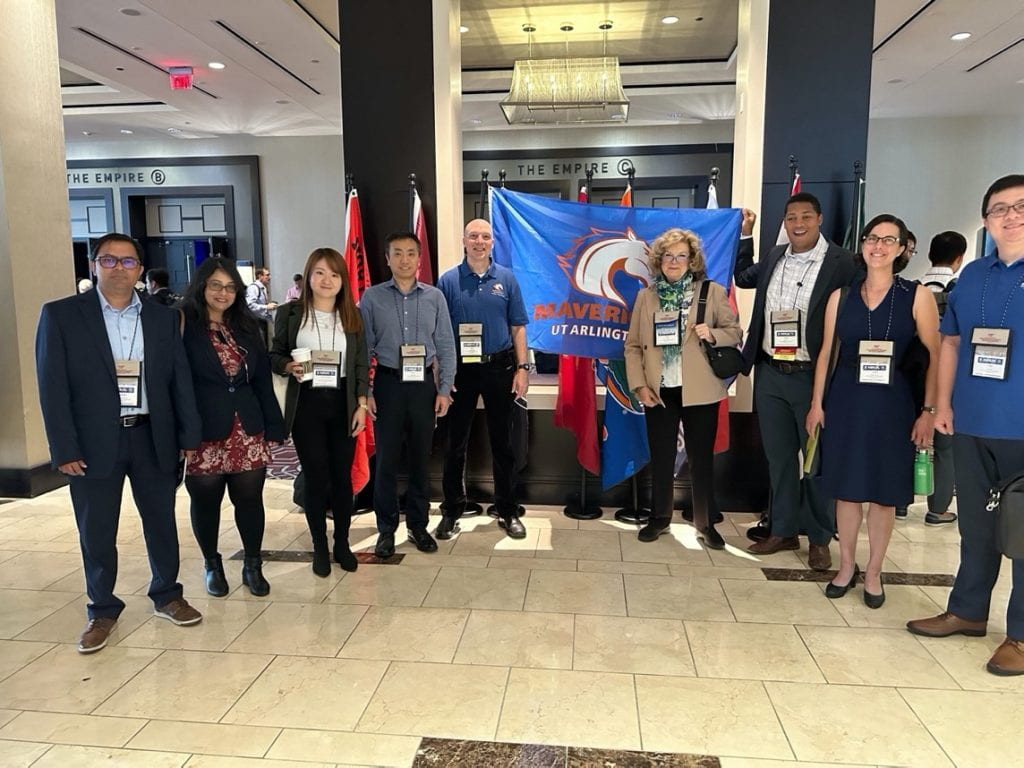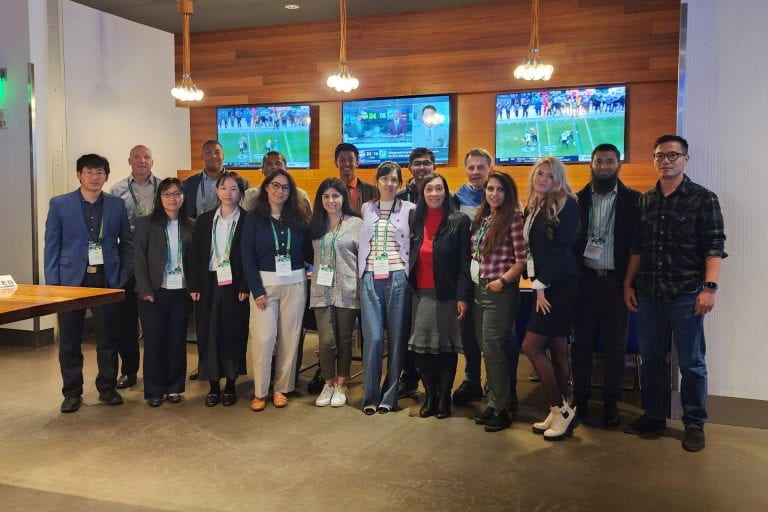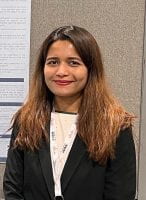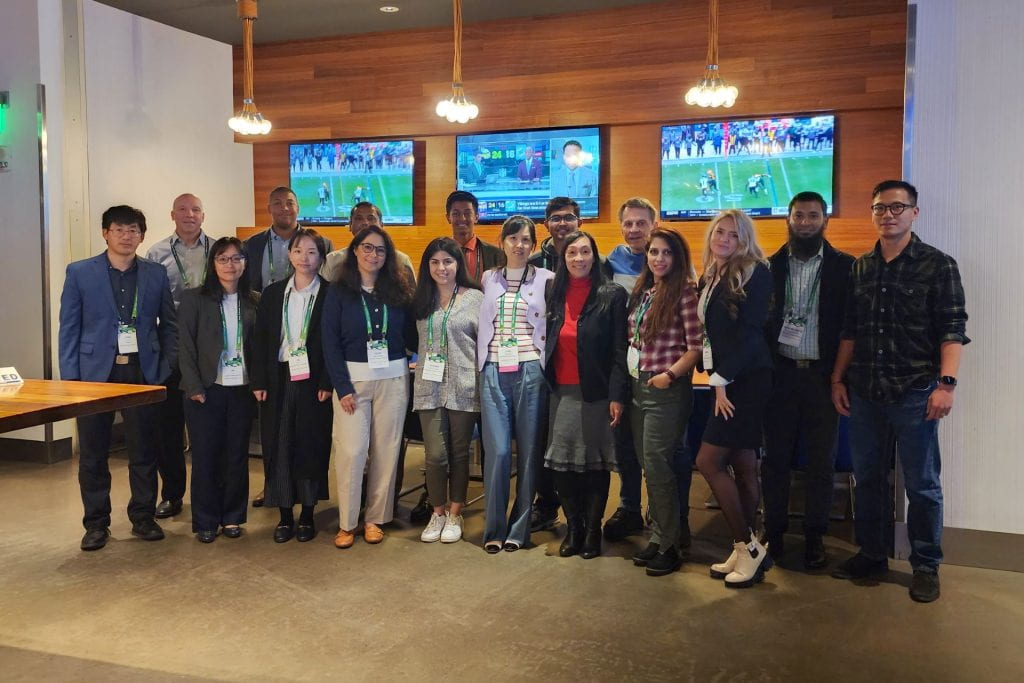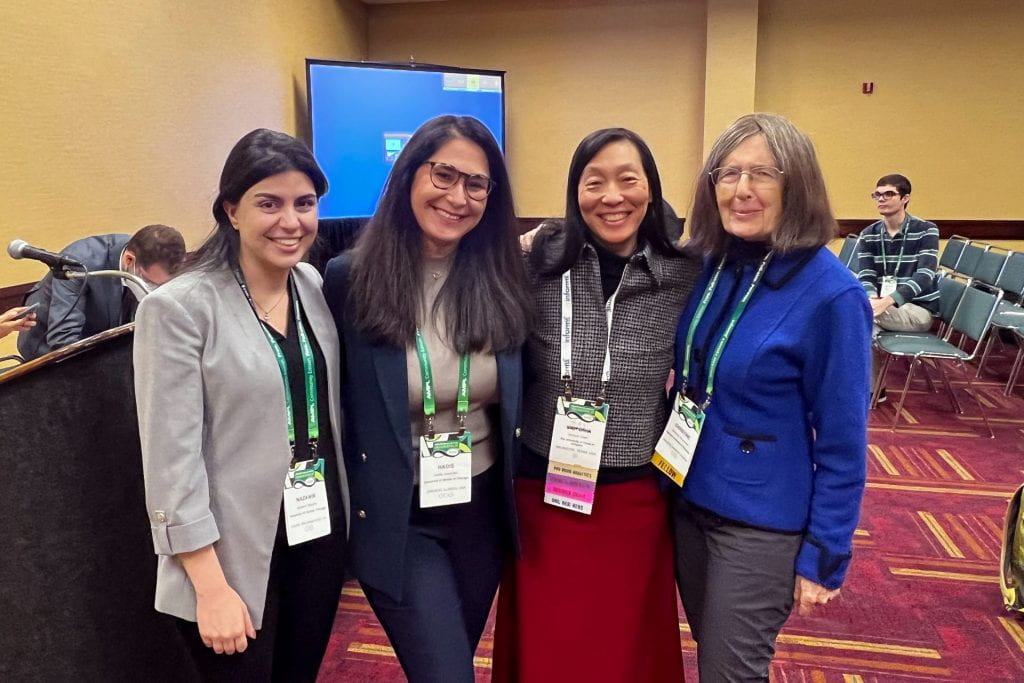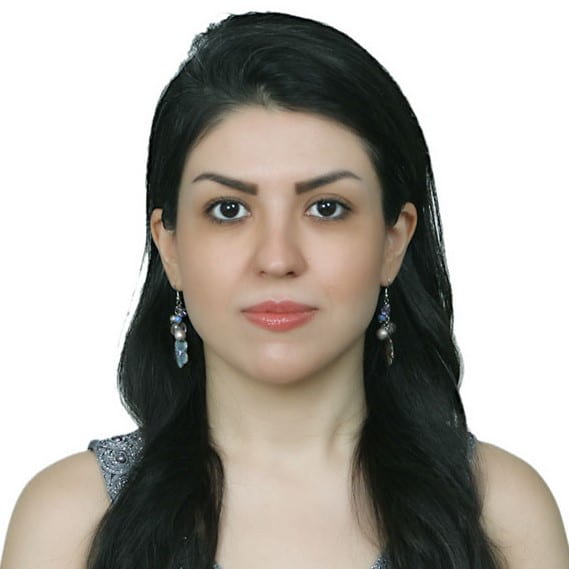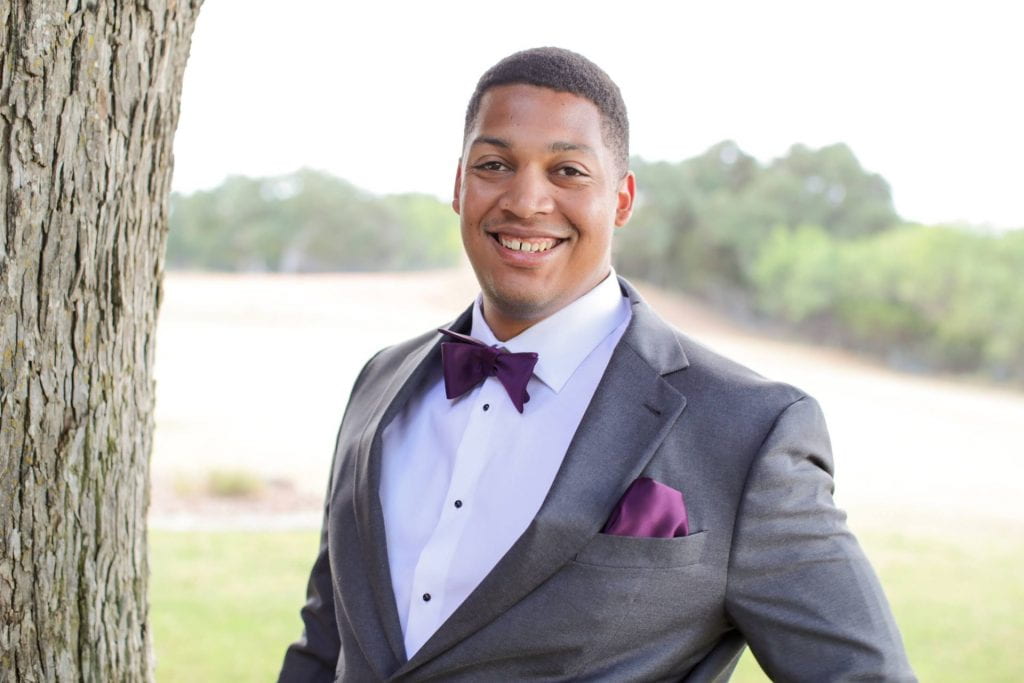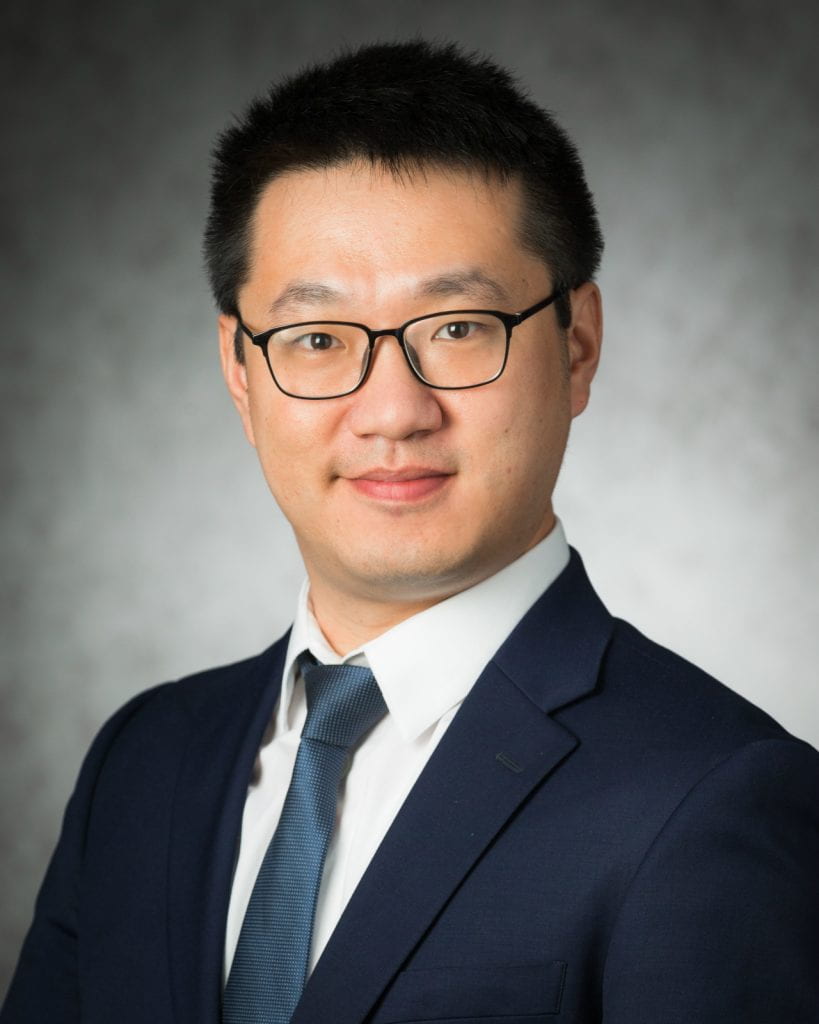At the 2023 Institute of Industrial and Systems Engineering Annual Conference and Expo, IMSE Ph.D. Students Preetam Kulkarni and Poojan Patel, along with their supervising professor Caroline Krejci, won the IISE Sustainable Development Track Best Student Paper award for their research on Designing a collaborative online transportation platform for sustainable regional food distribution. IMSE Ph.D. student Jie Han received the Third Place Winner Award in the IISE Innovative Design Competition for her team work on Artificially Generated Text Checker (AGTC). Ms. Han’s research is a collaboration with two students at George Mason University and the Polytechnic University of Puerto Rico.
In addition, Ph.D. Students Bahareh Nasirian, Anika Rimu, and Ms. Han participated in the 2023 IISE Doctoral Colloquium. These students heard from panels of accomplished scholars and industry leaders from the fields of Operations Research, Industrial Engineering, and Systems Engineering, and they each presented a three-minute pitch of their dissertation research.
Ph.D. Students Razihe Aghapour, Jaivardhan Sood, Ms. Rimu, and Ms. Han delivered presentations on their research as well. IMSE was also well represented by the faculty. Assistant Professor Mahmudur Rahman participated in the New Faculty Colloquium, and Shuchi Deb, Emma Yang, Shouyi Wang, Jay Rosenberger, Jamie Rogers, Erick Jones, Caroline Krejci, and Chen Kan all participated in the Conference.
– By Jay Rosenberger
